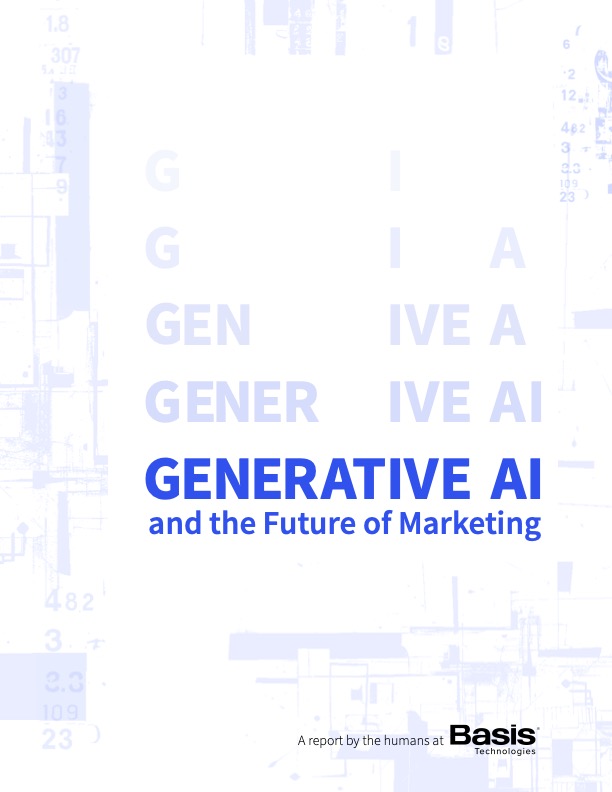Marketers face a pivotal choice in 2026: to frame their use of AI around driving business growth, or around cutting costs.
Less than one year after its public debut, generative AI has the marketing and advertising world’s full attention.
The next-generation artificial intelligence tech burst onto the scene late last year with the debut of ChatCPT and DALL-E 2, both from Silicon Valley AI pioneer OpenAI. ChatGPT, in particular, has grown into a near-overnight sensation, reaching a million users in just five days and hitting 100 million active users faster than any consumer app in history to that point.
One of OpenAI’s biggest early investors, Microsoft, has since poured an additional $10 billion into OpenAI while beginning to introduce a host of new AI-powered features, including a ChatGPT-powered version of Bing search engine.
In turn, Google—a generative AI innovator in its own right and the first company to utilize large language models (LLMs)—has introduced its own AI chatbot, Bard, its own AI chatbot, while promising new, soon-to-launch AI-powered features in Google Search, Gmail and more. Another major player, Meta, has spent nearly 10 years and billions of dollars on AI and has taken to touting its LLaMA as a powerful open-source language model. And dozens of other companies have also begun introducing generative AI-powered tools into the marketplace.
Altogether, AI is already proving to be a powerful disruptive force in the marketing and advertising world, and the wider implications of this AI revolution could be extraordinary. Microsoft founder Bill Gates has called AI as major a tech innovation as the internet or the PC, while also warning that AI’s emergence will inevitably result in the loss of white-collar jobs. Or, as the Harvard Business Review put it, "The question isn’t whether AI will be good enough to take on more cognitive tasks but rather how we’ll adapt."
So, how will the next generation of AI affect marketing and advertising?
For this report, we surveyed over 200 marketing and advertising professionals from top agencies, B2B and B2C companies, non-profits, and publishers to see how marketers are feeling about AI today and how they believe it will shape the industry going forward.
Findings include:

"*" indicates required fields